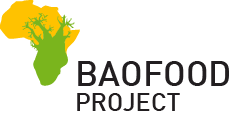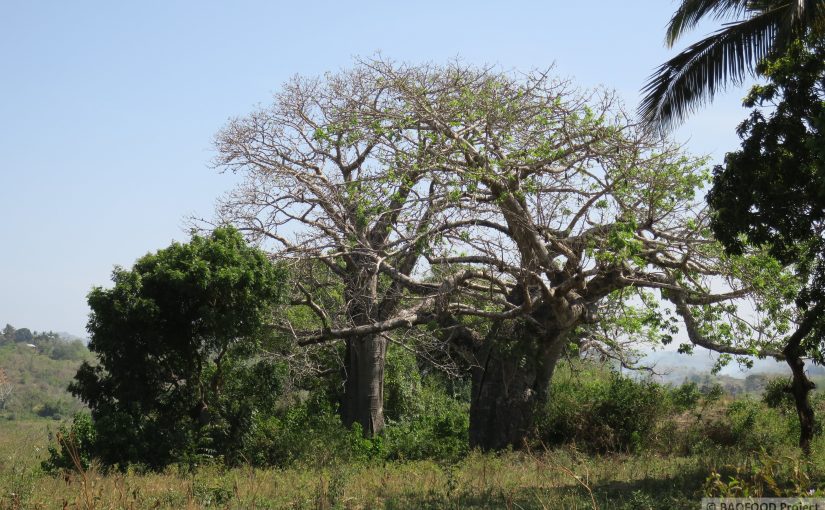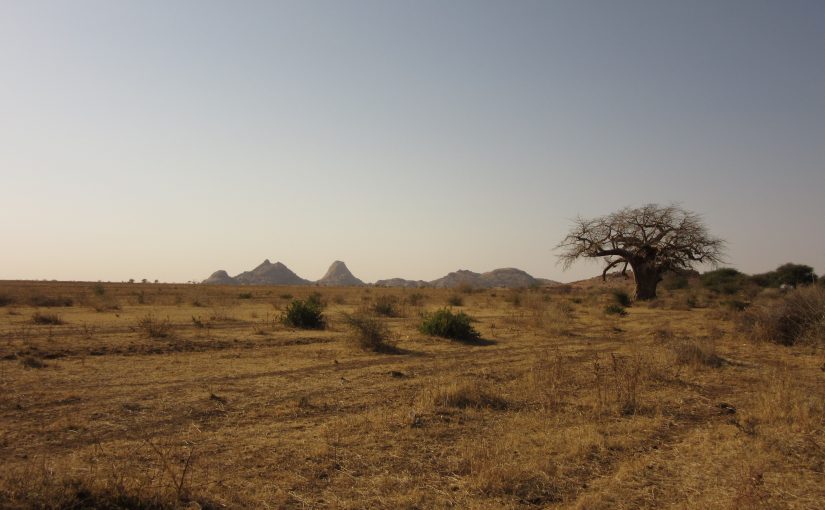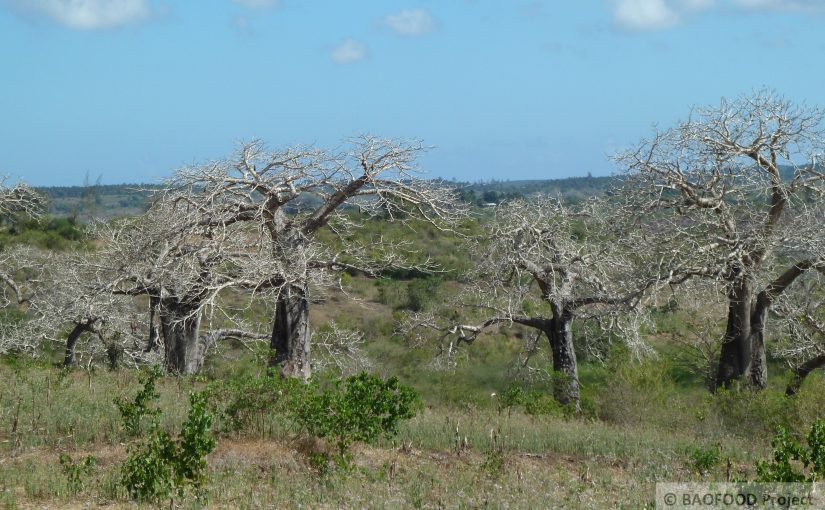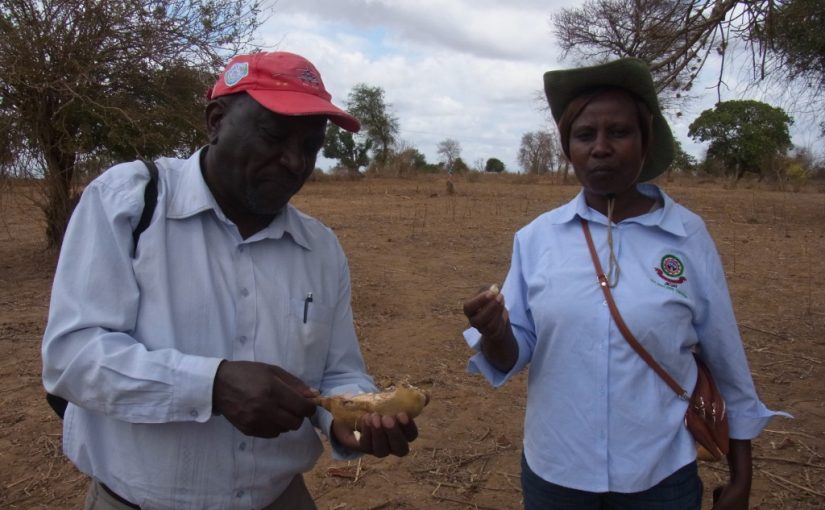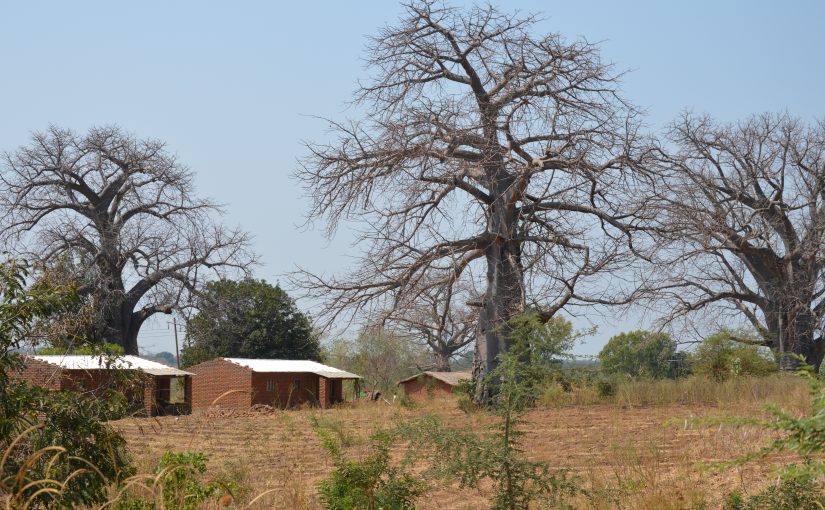Below video gives a glimpse on upcoming research activities aimed towards improving the quality of baobab products and fostering income opportunities for rural harvesters. Enjoy watching!
Category: Research
Community-based Enterprise fact finding mission in Kilifi, Kenya
Under the lead of the NGO Wild Living Resources, the Baofood project partners Phytotrade Africa, ttz Bremerhaven and Rhine-Waal University recently met in Kilifi, Kenya for a fact finding mission to pave the way forward for the set-up of a community based enterprise to produce high-quality baobab products. Different producers and processors of baobab products in the area were visited in order to identify the optimal organizational and technological set-up of the enterprise. The implementation of the pilot processing unit in Kenya aims to make advanced baobab products available to the community, thereby contributing to improved nutrition and food security and, at a larger scale, demonstrating the technical feasibility and economic viability of the project.
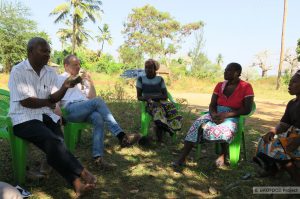
Field activities in Sudan
A joint field trip amongst members from WP1, WP3, and WP4 took place at the end of January and the beginning of February 2017 to coordinate and align the research activities in Sudan. Colleagues from Germany (Rhine-Waal University, University of Giessen) visited the Sudanese partner universities (University of Khartoum and the University of Kordofan) who facilitated visits to the baobab collection and production areas in Kordofan North and Kordofan West as well as local and urban markets in El Obeid and Khartoum. The researchers found plenty of baobab fruits on the markets that are traded throughout the year. In the production areas information was collected on consumption of baobab, processing and marketing, patterns in baobab use and trade, as well as on growths patterns. For the case study sites, results from recent baobab mapping and characterisation activities are currently being evaluated and sampling frames for upcoming producer and value chain analysis established.
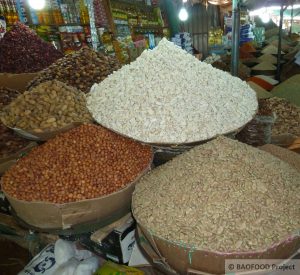
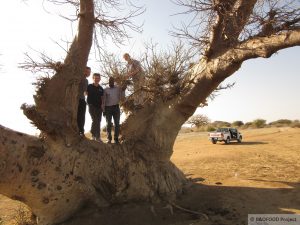
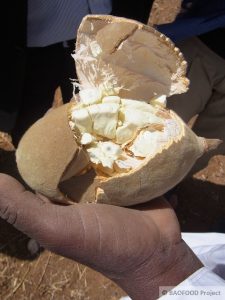
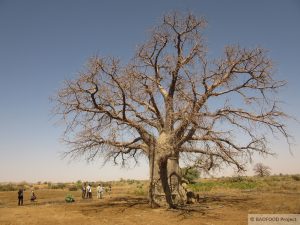
Joint exploratory field trip to Kenya (WP2-4)
Coordinated by WP4, a joint exploratory field trip was carried out by WP 2, WP 3 and WP 4 from the 17th to the 21st of October 2016 to the case study sites of Kitui, Kibwezi, Kilifi, and Kwale, Kenya. Information was collected on issues such as the collection, processing and trade of baobab products, food habits of the population (with special regard to the consumption of baobab products), as well as the growth patterns of baobab trees. Continue reading Joint exploratory field trip to Kenya (WP2-4)
Start of WP1 field activities in Kenya
First scoping visits to Kilifi as well as Kitui county in Kenya marked the beginning of the field activities for work package 1 (sustainable use of baobab resources, domestication). These visits demonstrated that the fruiting season at the coast is currently taking place and, therefore, research activities to map the trees and assess their morphological intra-specific diversity are currently being planned in detail. Unfortunately in the Kitui area no fruits could be observed at this stage so the sampling activities have been postponed to April 2017. Continue reading Start of WP1 field activities in Kenya
Notes from the field: visit to Malawi September 2016
Members from the Rhine-Waal University of Applied Science visited Malawi to kick-off the cooperation with local project partner Mzuzu University. Two Master students have just joined here and will conduct their thesis research within the project framework, focusing on the advanced baobab processing sector in Malawi. Continue reading Notes from the field: visit to Malawi September 2016
